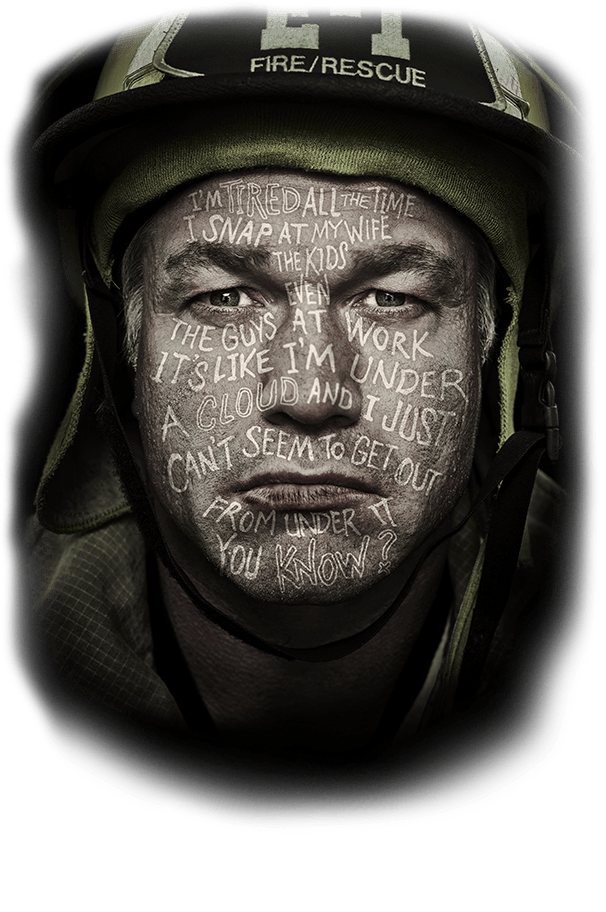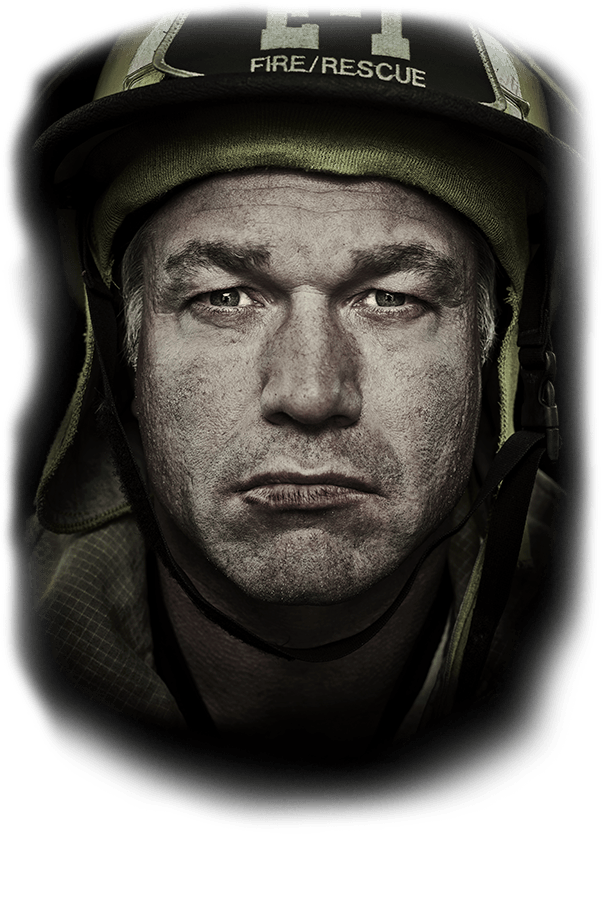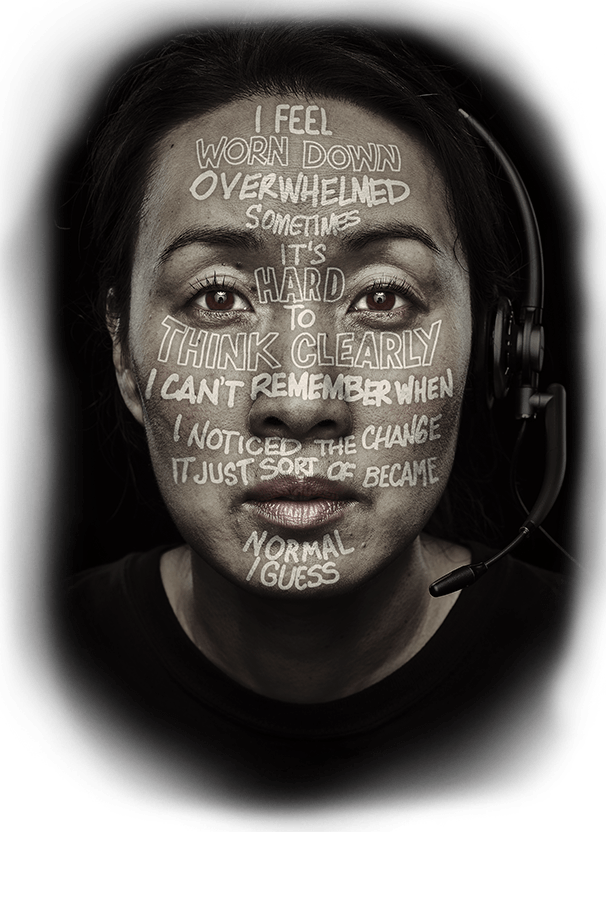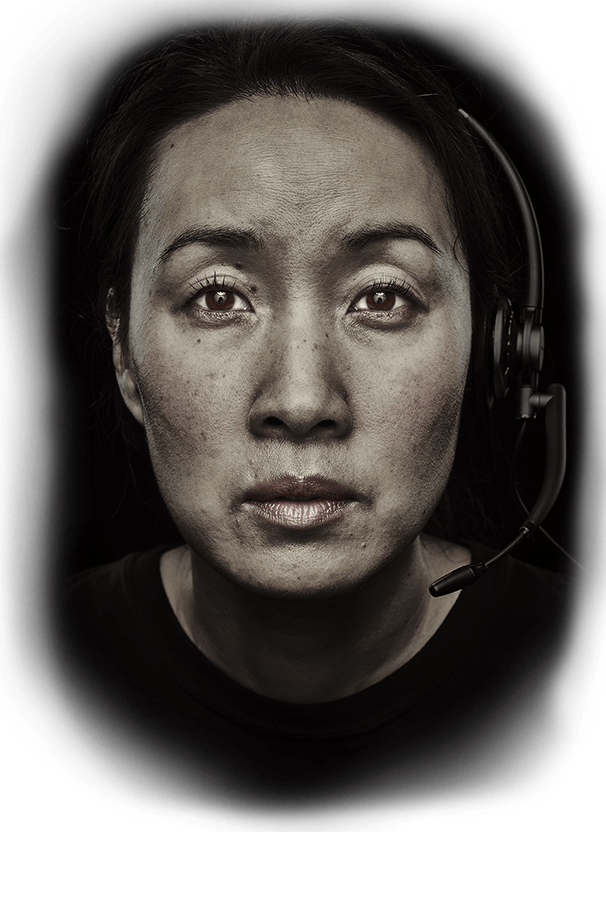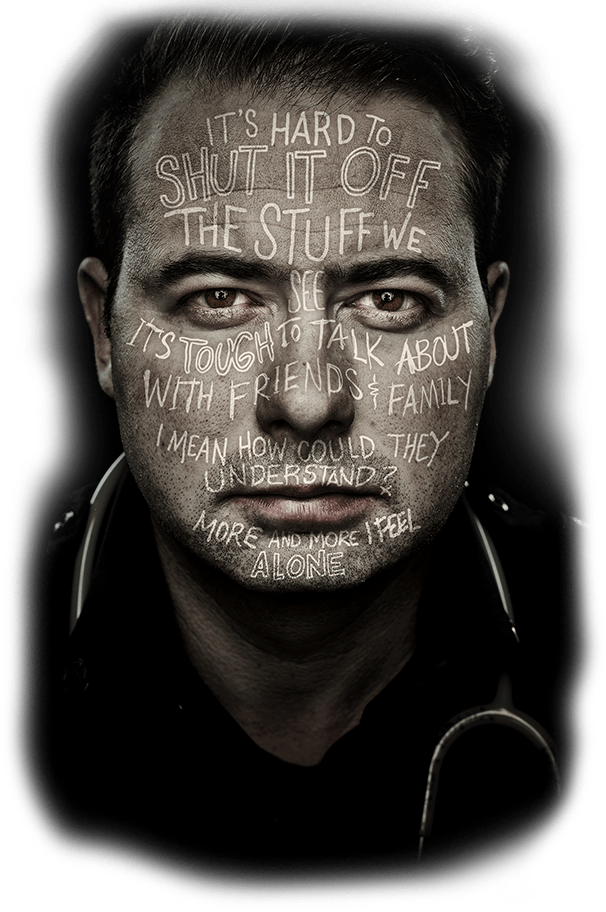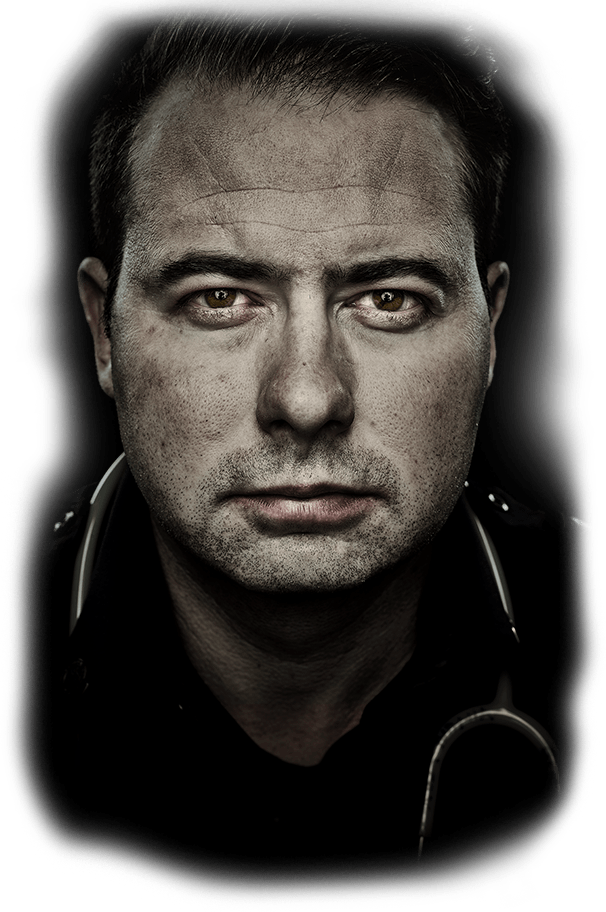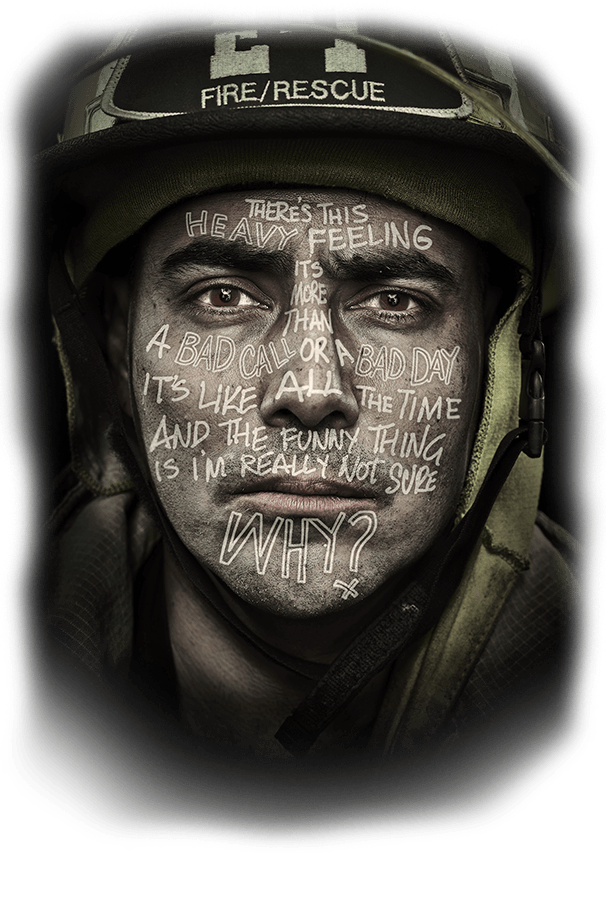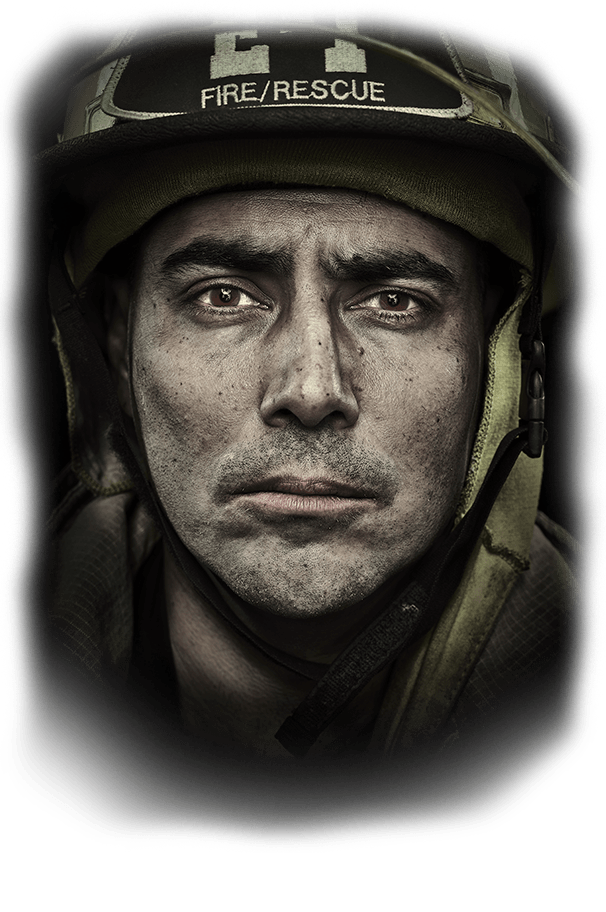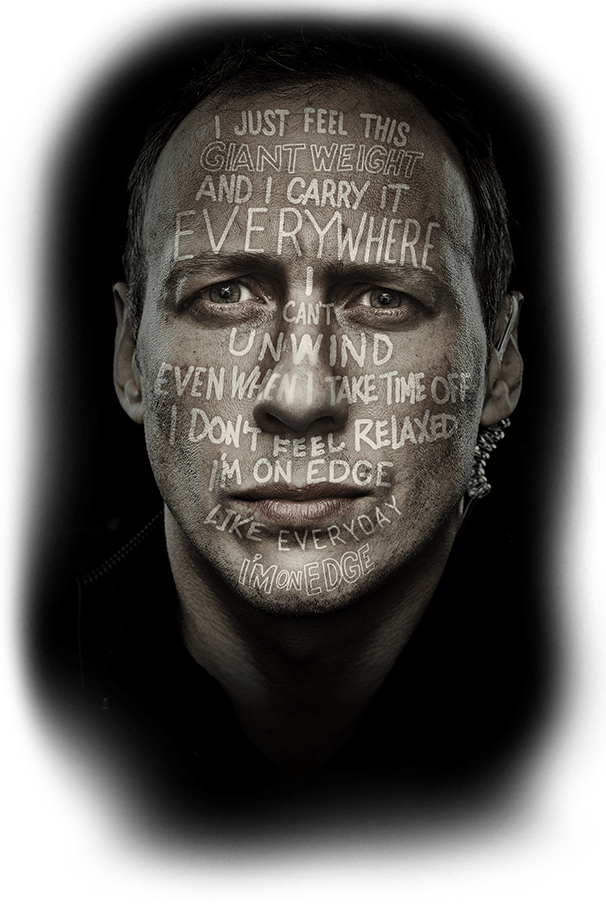Need Help Now?
If you need immediate emergency assistance call 911.
The Crisis Intervention and Suicide Prevention Center of BC
The Crisis Intervention and Suicide Prevention Centre of BC (Crisis Centre) is a non-profit, volunteer organization committed to helping people help themselves and others deal with crisis.
1-800-784-2433
Phone toll-free. 24 hours a day,
7 days a week
WorkSafeBC - Crisis Support Line
Contact WorkSafeBC if you are an injured worker, and you or your family is in emotional crisis.
1-800-624-2928
Phone toll-free. 24 hours a day,
7 days a week
Goverment of Canada Mental Health Support
The Government of Canada Mental Health Support page provides free resources for mental health and substance use support.
1-866-585-0445
24 hours a day, 7 days a week or
text WELLNESS to: 686868 for youth, 741741 for adults
Take a Self-Assessment
There are many helpful tests available, here are good places to start:
Here to Help
These screening self-tests are tools that help you look at your mental health or wellness. These tests look for signs or symptoms that can show up in some mental illnesses. They can also help you look at patterns of feelings or patterns of substance use.
The Canadian Institute of Public Safety Research and Treatment (CIPSRT)
The CIPSRT has a list of anonymous, online self-assessment screening tools provided to help identify symptoms of mood disorders, anxiety disorders, or post-traumatic stress disorder.
Mental Health Meter
The Mental Health Meter helps individuals to reflect on their unique strengths and identify areas where their level of mental fitness could be improved to help them cope with all of life’s up and downs.
Resources Available
These resources will give you a better understanding of mental health in the context of the experiences and pressures of first responders, as well as the broader population.
LOOKING FOR HELP
SELF-ASSESSMENT
Sometimes it’s helpful to take a personal mental health check—to see how you’re managing with the stress and pressure of work (and life!).
RETIREMENT
Retirement is certainly a major life transition that can be viewed as a reward for years of hard work; however, it can also bring about stress, anxiety, and depression among other mental health impacts. First responders who have given serious thought to what they will do in retirement will generally experience a smoother transition.
SELF-CARE
The best way to protect yourself against mental challenges is to prevent them from happening in the first place. Explore some of the first responder tools and resources available to help you protect your mental health, including self-care education apps and critical incident response strategies.
TRAINING
Learning about mental health can help develop awareness and understanding. Here are some mental health training resources, including courses you can take to learn more about strengthening your own mental health, as well as courses that cover how to better support mental health in your workplace.
Treatments & Claims
Sometimes you may need to see a mental health practitioner or perhaps you have a mental health disorder related to your employment. Don’t hesitate to get access to help.
As Family & Friends
The events and experiences of being a first responder can impact everyone around them: spouses, kids, friends and other family members.
LOOKING TO HELP
AS LEADERS
Create a safe, supportive environment for those experiencing mental health challenges in the workplace.
AS FAMILY & FRIENDS
The events and experiences of being a first responder can impact everyone around them: spouses, kids, friends and other family members.
AS COLLEAGUES
It's difficult to see a friend at work struggling with a mental injury. Here are some tools to help you recognize when your colleagues may be struggling—and what you can do to support them.
